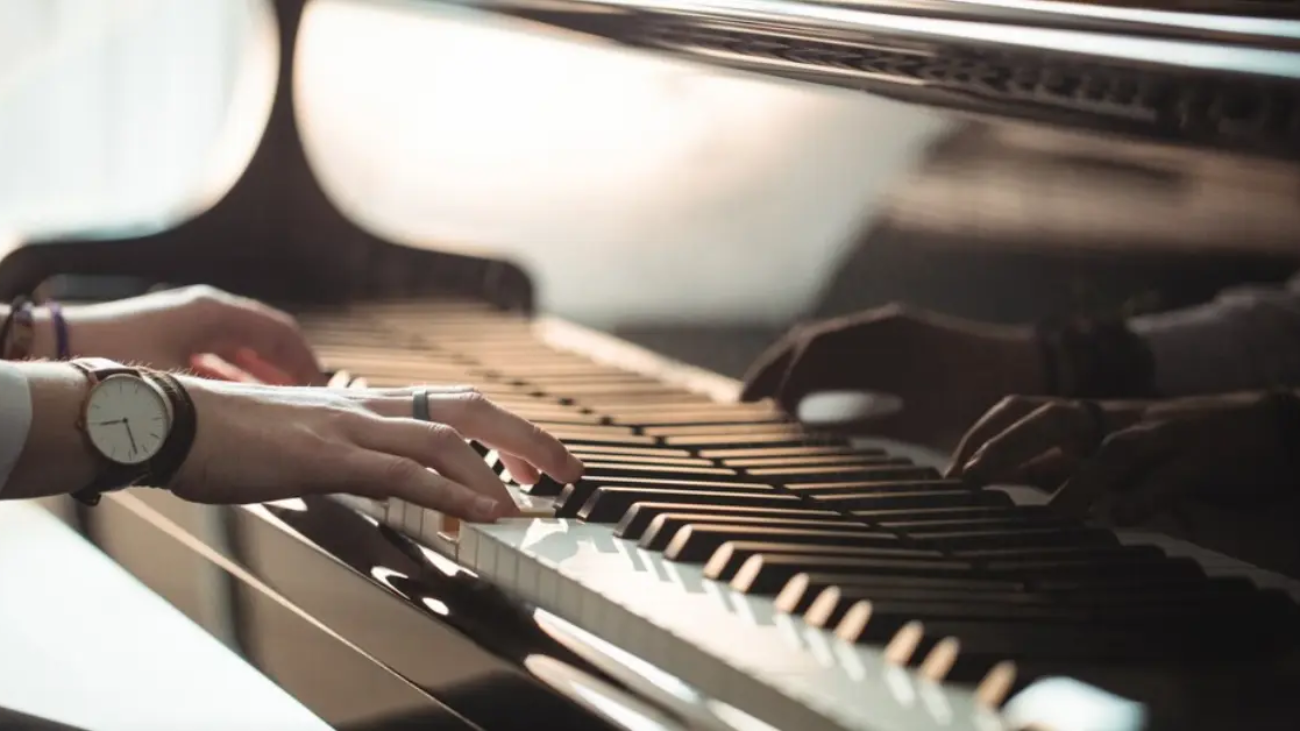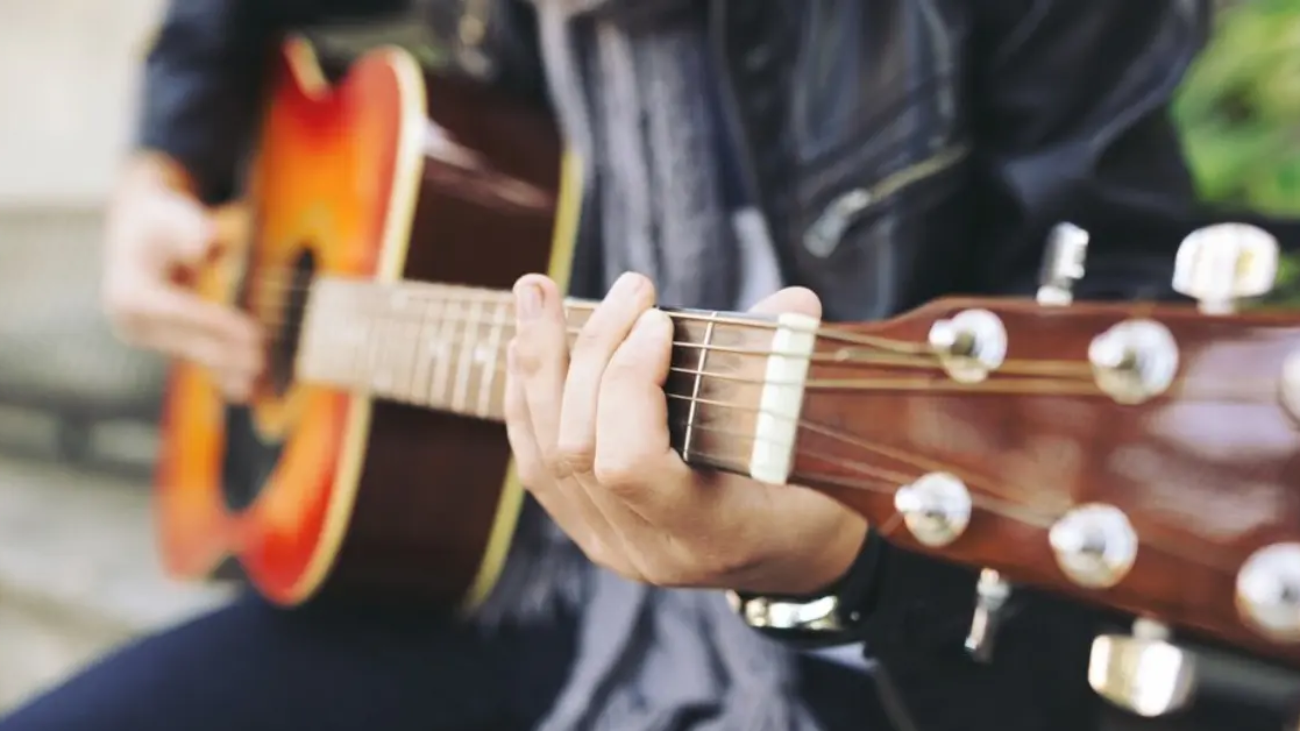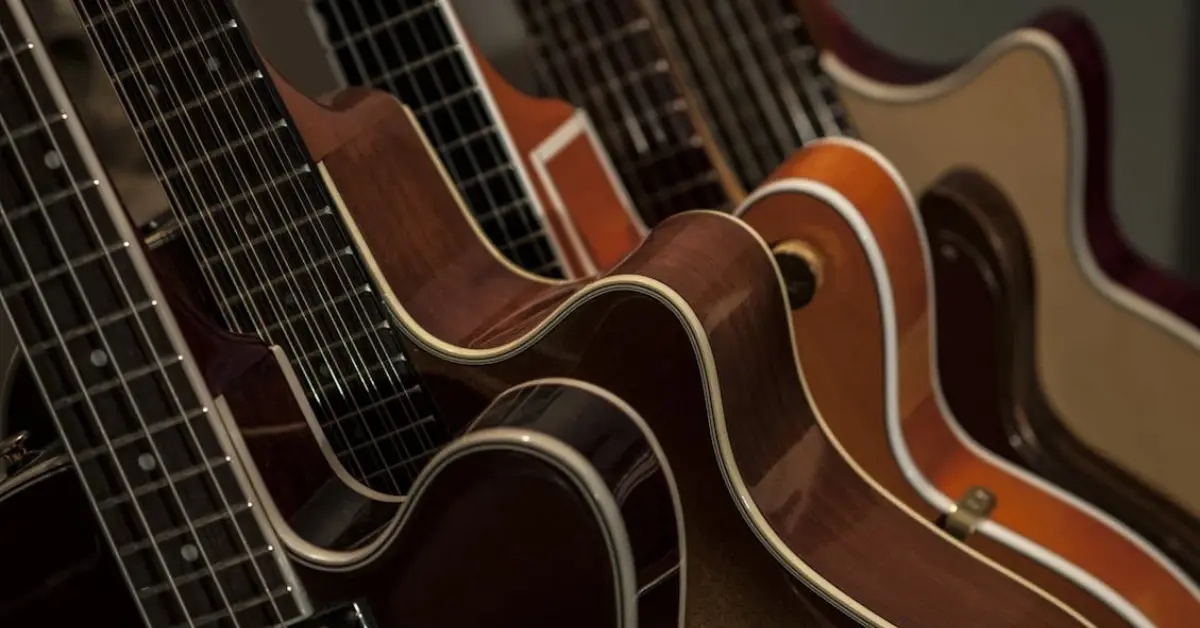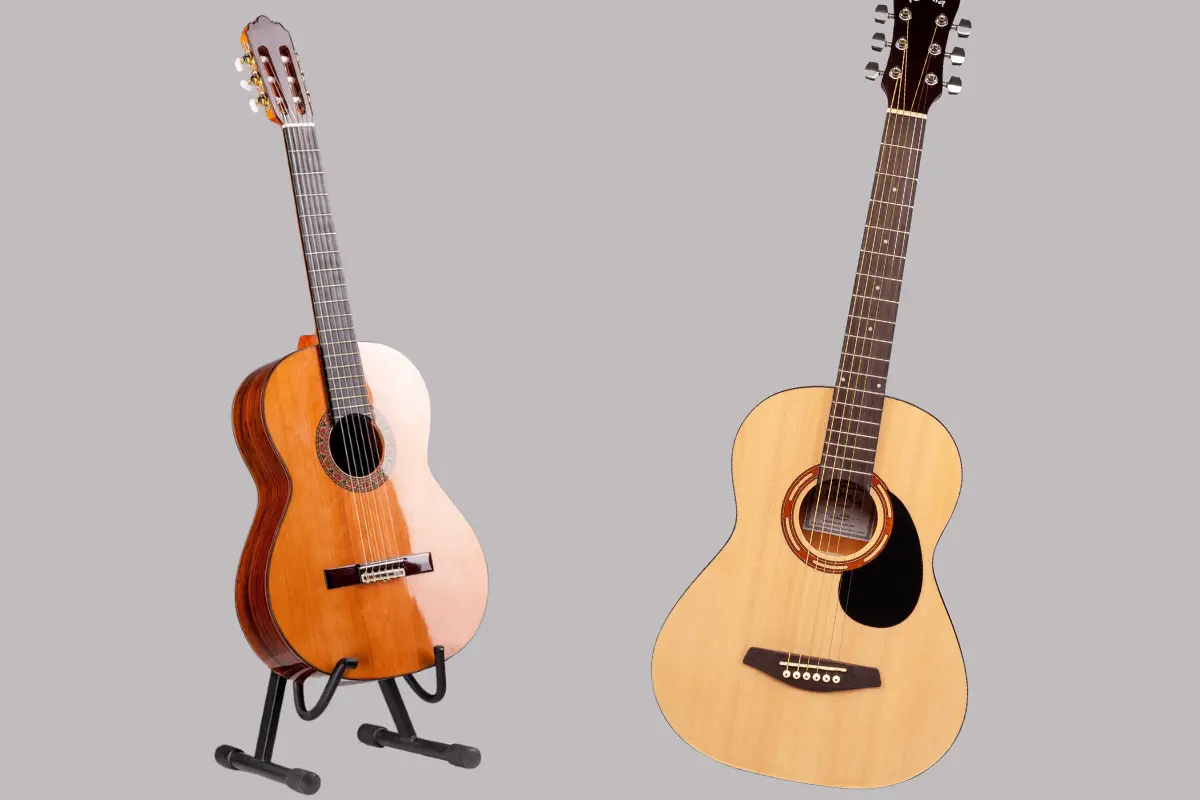Piano Basics for Beginners: You Must Learn as a Beginner!
Learning to play the piano is an exciting journey that can be both rewarding and enjoyable. As a beginner, it is essential to start with the right lessons to build a strong foundation. Mastering fundamental techniques will help you progress faster and play with confidence. In this blog, we will explore the top 10 piano lessons you should learn as a beginner to set yourself up for success.
Piano learning is a process that requires patience and dedication. Many beginners struggle with finger placement, note reading, and rhythm. However, consistent practice and the right approach can make the learning process enjoyable and effective. Whether you are learning for fun, as a hobby, or with a goal to become a professional, these essential lessons will guide you toward becoming a confident pianist.

1. Proper Finger Placement and Hand Positioning
One of the first lessons every beginner must learn is proper finger placement and hand positioning. Correct posture and relaxed hands will prevent strain and help you play more efficiently.
Your fingers should be curved naturally, and your wrists should remain flexible. Avoid stiffening your fingers, as it can lead to discomfort and slower progress. Placing your fingers correctly on the keys allows for better control and smoother transitions between notes. Practicing proper hand positioning from the start will help you develop muscle memory and improve your playing technique over time.
2. Understanding Musical Notes and Symbols
Familiarizing yourself with musical notes, symbols, and basic music theory is crucial for reading sheet music. Learning note values, rests, and dynamic markings will improve your ability to interpret and play music accurately.
A strong foundation in music notation will make it easier to read and understand sheet music. Beginners should start by learning the names of notes on the staff and their corresponding keys on the piano. Understanding time signatures, tempo markings, and dynamics will help you play with accuracy and expression.
3. Mastering Scales and Chords
Practicing scales and chords will strengthen your fingers and improve your coordination. Major and minor scales, as well as common chords, lay the foundation for playing melodies and harmonizing music.
Scales help improve finger strength and dexterity. They also train your ears to recognize patterns in music. Chords, on the other hand, form the building blocks of songs and allow you to accompany melodies effectively. Practicing both hands separately before combining them will help improve accuracy and speed.
4. Learning Simple Songs and Melodies
Starting with easy songs and melodies will boost your confidence and allow you to apply what you’ve learned. Songs with simple note patterns help reinforce reading skills and hand coordination.
Familiar tunes make learning more enjoyable and keep motivation levels high. Songs like “Twinkle, Twinkle, Little Star” or “Ode to Joy” are great starting points. As you progress, you can challenge yourself with more complex pieces that require greater hand coordination and expression.
5. Developing Proper Rhythm and Timing
Rhythm and timing are essential aspects of playing the piano. Using a metronome and practicing rhythmic exercises will help you maintain steady beats and play more expressively.
Playing in time is crucial, whether you’re performing solo or with others. Beginners often struggle with keeping a consistent tempo, but practicing with a metronome will improve rhythmic accuracy. Clapping out rhythms before playing them can also help internalize the beat.
6. Understanding Finger Exercises for Strength and Agility
Finger exercises improve dexterity and control, making it easier to play complex pieces. Regular practice of finger drills such as Hanon exercises will enhance your playing ability.
Strengthening your fingers ensures you can play for longer periods without fatigue. Exercises such as playing five-finger patterns, scales, and trills will help improve finger independence and control. These drills should be incorporated into daily practice routines for best results.
7. Reading Sheet Music Effectively
Learning to read sheet music efficiently allows you to play new pieces with ease. Understanding key signatures, time signatures, and note placements will make the learning process smoother.
Sheet music is like a roadmap for pianists. The ability to quickly recognize notes and rhythms allows you to play more fluently. Beginners should start with simple pieces before progressing to more advanced compositions.
8. Playing with Both Hands Together
Coordinating both hands can be challenging at first, but it is a crucial skill. Practicing hand independence through simple exercises will help you develop this ability.
Beginners often struggle with coordinating both hands because each hand plays different notes and rhythms. To overcome this challenge, start by practicing each hand separately before combining them. Slow and deliberate practice will help develop muscle memory.
9. Introduction to Pedaling Techniques
Using the sustain pedal correctly can add depth and emotion to your playing. Learning how and when to use the pedal will enhance your musical expression.
Pedaling is an essential skill that helps create a richer and more resonant sound. Beginners should start by learning when to press and release the sustain pedal to avoid excessive blurring of notes. Practicing simple exercises with pedal markings will improve coordination and control.
10. Understanding Dynamics and Expression
Playing with dynamics and expression brings life to the music. Learning how to control volume, phrasing, and articulation will make your performance more engaging.
Expression in music involves more than just playing the right notes. Pianists must convey emotions by varying touch and intensity. Practicing crescendos, diminuendos, and different articulation techniques such as staccato and legato will improve musical expression.
CONCLUSION
Mastering these top 10 piano lessons as a beginner will provide you with a strong foundation and set you on the path to becoming a skilled pianist. With consistent practice and dedication, you will improve your technique and gain confidence in your playing. Keep learning, enjoy the process, and let the music guide your journey.
Starting as a beginner may seem overwhelming, but progress comes with patience and commitment. Each lesson builds upon the previous one, forming a comprehensive skill set that will allow you to play more challenging pieces. Remember that learning piano is a marathon, not a sprint. Set realistic goals, practice regularly, and celebrate your improvements along the way. Soon enough, you will find yourself playing your favorite songs with ease and confidence.
At NMS Musicals, we offer a comprehensive range of musical instruments, including percussion, string, wind, and keyboard instruments. Our services encompass sales, expert servicing, and the manufacture of leather instruments. Explore our diverse collection and find the perfect instrument to suit your musical needs.
Visit our website to browse our offerings: nmsmusicals.in
For a closer look at our products, check out our shop page: nmsmusicals.in/shop
Stay connected with us through our social media channels:
- Facebook: https://www.facebook.com/nmsmusicalinstruments/
- Instagram: https://www.instagram.com/nmsmusicals/?hl=en
- YouTube: youtube.com/@nmsmusicals
Our shop locations are:
- Puducherry: 149, Perumal Koil Street, Heritage Town, Puducherry, 605001.
Map Link: https://maps.app.goo.gl/ejDwBBFEJmd3szxk7 - Chennai: No: 1, 1st Floor, Kandigai Street, TVS Nagar, Korattur, Chennai – 600076.
Map Link: https://maps.app.goo.gl/7oXmB6X7KQsqeuuw9
For inquiries, contact/Whatsapp us at 9500663895 or email us at laxman.m89@gmail.com.
Discover the world of musical instruments with NMS Musicals today!
For a visual overview of our percussion instruments, watch the following video:


 Cart is empty
Cart is empty 



